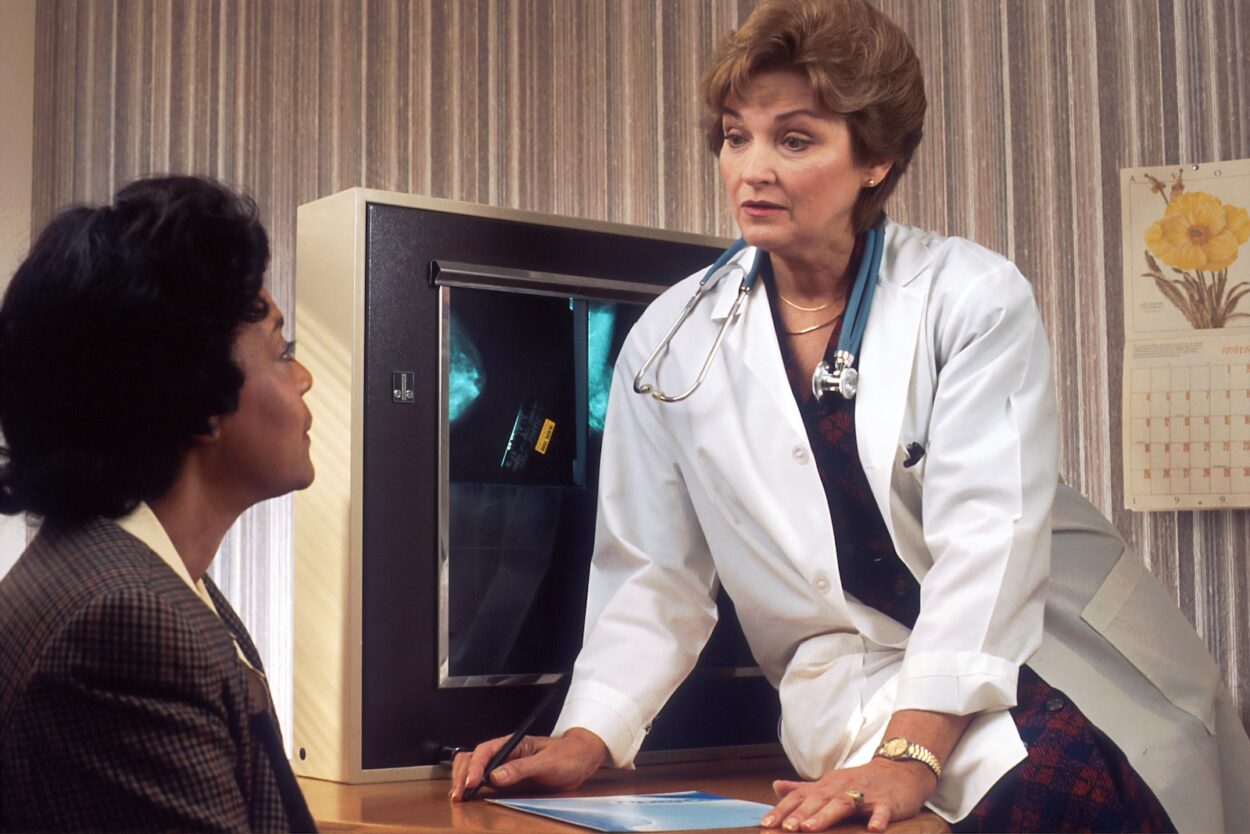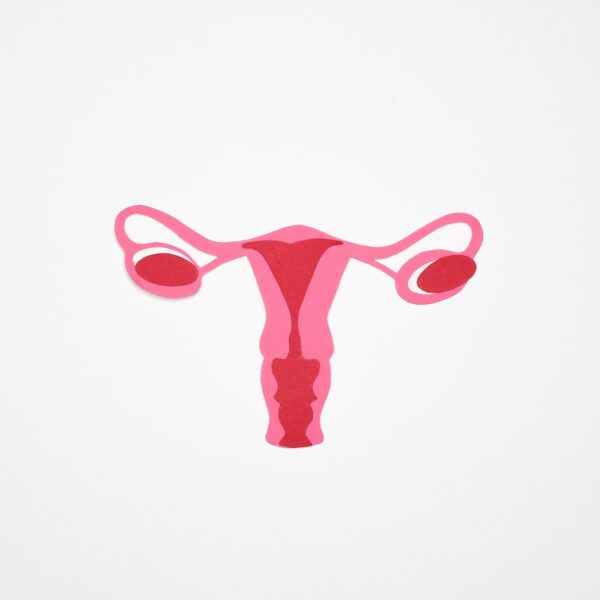If you want to get the most accurate results from your pap smear, avoid sexual activity (including oral sex) before your exam. Sex can irritate the skin of your cervix and cause discharge that could obscure test findings.
Your doctor will gently swab your cervix and put the cells into a jar to send to a lab for review. It’s a simple procedure that shouldn’t hurt.
What is a Pap smear?
A pap smear is a routine test that can detect abnormal cells in your cervix, which may indicate cancer or precancerous changes. The procedure is painless and safe for most women. However, it’s important to avoid having sexual intercourse for 24 hours after your pap smear. This is because your cervix may be irritated after the test and having intercourse too soon could cause discomfort or even bleeding.
The Pap test is an important part of routine health care for women, and it should be done regularly. The pap test is one of the most common types of cervical cancer screenings, along with an HPV (human papillomavirus) test. During the Pap test, your doctor collects cells from your cervix with either a brush or a flat scraping tool called a spatula. The cells are then transferred to a sample container or a slide for analysis. The Pap test is usually performed while you’re lying on an exam table, although some doctors ask patients to lie face up or down on their stomach.
To get the most accurate results, you should not have sex for several days before your Pap test. Even oral sex can introduce bacteria and other substances that can interfere with the pap test’s results. Also, avoid using lubricants or vaginal creams and foams in the days leading up to your appointment. If you must use these products, be sure to wipe with a clean cotton ball or wash the area thoroughly before your test.
Why do I need a Pap smear?
A Pap smear is the best way to detect cervical cancer early, when it is easier to treat. Cervical cancer occurs when cells on the cervix change, and most often is caused by the human papilloma virus (HPV), which is passed from person to person during sexual activity.
When you get a Pap test, you will lie on an exam table with your legs spread and your feet resting in supports called stirrups. Your doctor will insert an instrument called a speculum into your vagina to widen the walls of your vagina so they can collect a sample of cells from your cervix. This may cause a bit of bleeding, but it is usually light and won’t last long.
After the Pap smear is done, your doctor will put the cells into a special jar and send them away for testing. It takes a few days to get the results, which will tell your doctor whether your cervix is normal or if there are signs of precancerous changes.
You should try to avoid having sex for at least 24 hours before getting a Pap smear, and it’s best not to have sex at all before the test. It’s also important to avoid using tampons, birth-control creams or jellies and any other vaginal moisturizers or lubricants. Using these products can introduce bacteria to your vagina and make it hard for the Pap test to get a clean sample of your cells.
How is a Pap smear done?
A Pap test collects cells from the end of your cervix and tests them under a microscope for signs of cervical cancer or precancerous changes. A smear isn’t painful, but you may feel some pressure or pulling while the health care provider is collecting the cells. It’s important to avoid sexual activity before a Pap smear because it can introduce bacteria and other substances into your vagina that can interfere with the results. Avoid all forms of sexual intercourse, including oral sex, and avoid penetrative masturbation (instead, try massage).
During the exam, you’ll get undressed from the waist down and lie on an exam table with your feet in stirrups. Your healthcare provider will insert a lubricated speculum into your vagina to hold open the opening and give them access to your cervix. Then, they’ll use a small brush or swab to collect cells from your cervix and put them in a sample container.
Your doctor will send your smear to the lab for testing. You’ll receive the results in about three weeks. Having an abnormal Pap smear does not mean you have cancer, but it’s a good idea to see your healthcare provider to discuss the results and figure out what the next steps are. You might need more frequent Pap tests or you might need another type of cervical screening test, like a colposcopy or biopsy.
Can I have sex before a Pap smear?
Women can still get a Pap test during their menstrual cycle, but it’s best to avoid sex for two days before the appointment. This is because the discharge that can happen after unprotected sex can hide abnormal cells or mask their presence, which could affect the results of the test. It’s also recommended to abstain from tampon use, birth control foams and jellies (including those with spermicide), vaginal creams or lubricants, douches and other vaginal medicines within two days of the appointment.
However, it’s not a bad idea for women to have protected sex before or after a pap smear as long as they don’t have heavy bleeding. This is because heavy bleeding can also interfere with the accuracy of the test.
For women who need to have a pap smear and are on their period, doctors will usually advise them to reschedule for another time of the month. They also recommend that women not use tampons or birth control products for 2-3 days prior to their pap smear, as these may wash away any abnormal cells. The good news is that a pap smear can be performed even if a woman is on her period, but women with heavy bleeding will probably want to reschedule their appointment depending on how painful it is. This is why it’s important to visit your gynecologist on an annual basis, so that you can catch any issues early before they become serious problems.




Leave a Comment